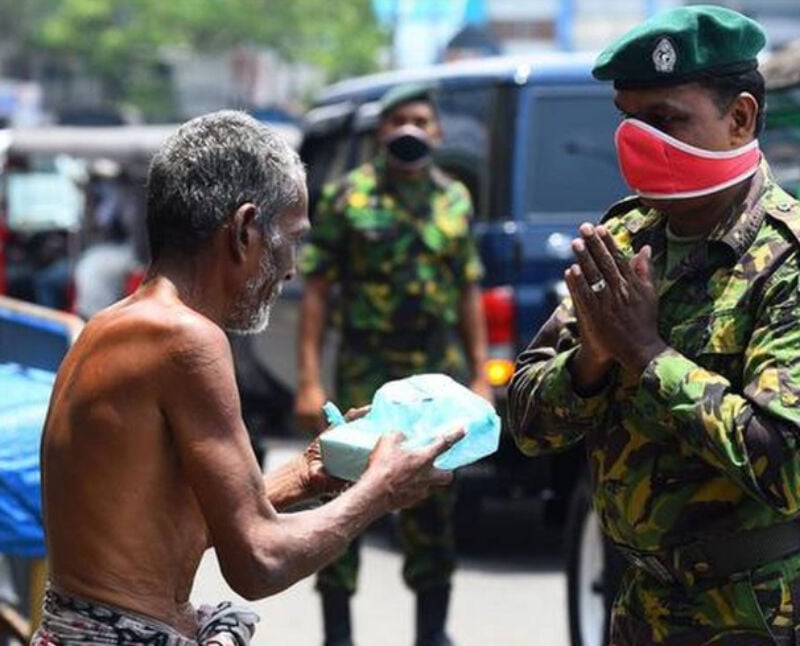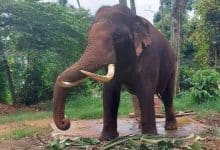Like Songkran, Sri Lanka New Year’s brings Covid-19 wave

Sri Lanka has seen a huge wave of new Covid-19 infections in part due to large New Year’s celebrations in mid-April at the same time as Thailand’s Songkran Festival. From the beginning of April until now, the island nation has experienced a fivefold increase in daily cases, with 1,895 infections reported yesterday. February had previously been the worst month in Sri Lanka’s Covid-19 history, but figures are much worse now.
On April 13 and 14, large gatherings crowded the street to celebrate Sri Lanka’s New Year’s holiday. The day before, Sri Lankan President Gotabaya Rajapaksa address the nation with hope, saying that after cancelling festivities the previous year, everyone working together to reduce Covid-19 had allowed New Year’s activities to take place this year. Authorities felt that Covid-19 was contained in Sri Lanka and, while they did stress health and safety guidelines, the president encouraged the celebration of the holiday.
“It is my hope and expectation that all citizens without any discrimination will join the Sinhala and Tamil New Year celebrations with fresh hopes, determination, and righteous thoughts.”
But the celebration was too soon, and by April 27, Sri Lanka was recording 1,000 Covid-19 infections per day, the first time this milestone had been reached since the Covid-19 first appeared. Lockdowns in more than 100 areas began, with private functions banned and school shuttered, but it was too little too late. 13 of the 25 administrative regions of Sri Lanka are now in lockdown, as the nation fights to rein in this Covid-19 wave.
As of now, the deadly Indian variant has not been found just across the water in Sri Lanka, but the B.1.1.7 variant has been prevalent in the recent quick spread of infections. Now Sri Lanka looks towards mass Covid-19 vaccination as the only solution, but jabs are in short supply. An order of 600,000 AstraZeneca vaccines from India’s Serum Institute did not arrive and only 1 million out of 21 million Sri Lankans have been fully vaccinated. 5 jabs have been given per 100 people, less than half that of India, which has inoculated 12 out of every 100 people.
Sri Lanka has now isolated itself from neighbouring India, sealing its border. The Navy is patrolling the waters to keep Indian fishing boats away from their shores. All flights from India have been cancelled and banned as well. Sri Lanka has followed in the footsteps of Nepal and Bangladesh before them in closing itself off from their Covid-19 infested neighbour in hopes of limiting the spread and not reaching the levels of catastrophe that India has.
Read about the current Covid-19 situation in countries around South and Southeast Asia: Cambodia, India, Indonesia, The Maldives, Nepal, Sri Lanka and Thailand.
SOURCE: CNN
Latest Thailand News
Follow The Thaiger on Google News:


























